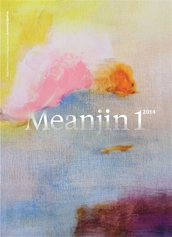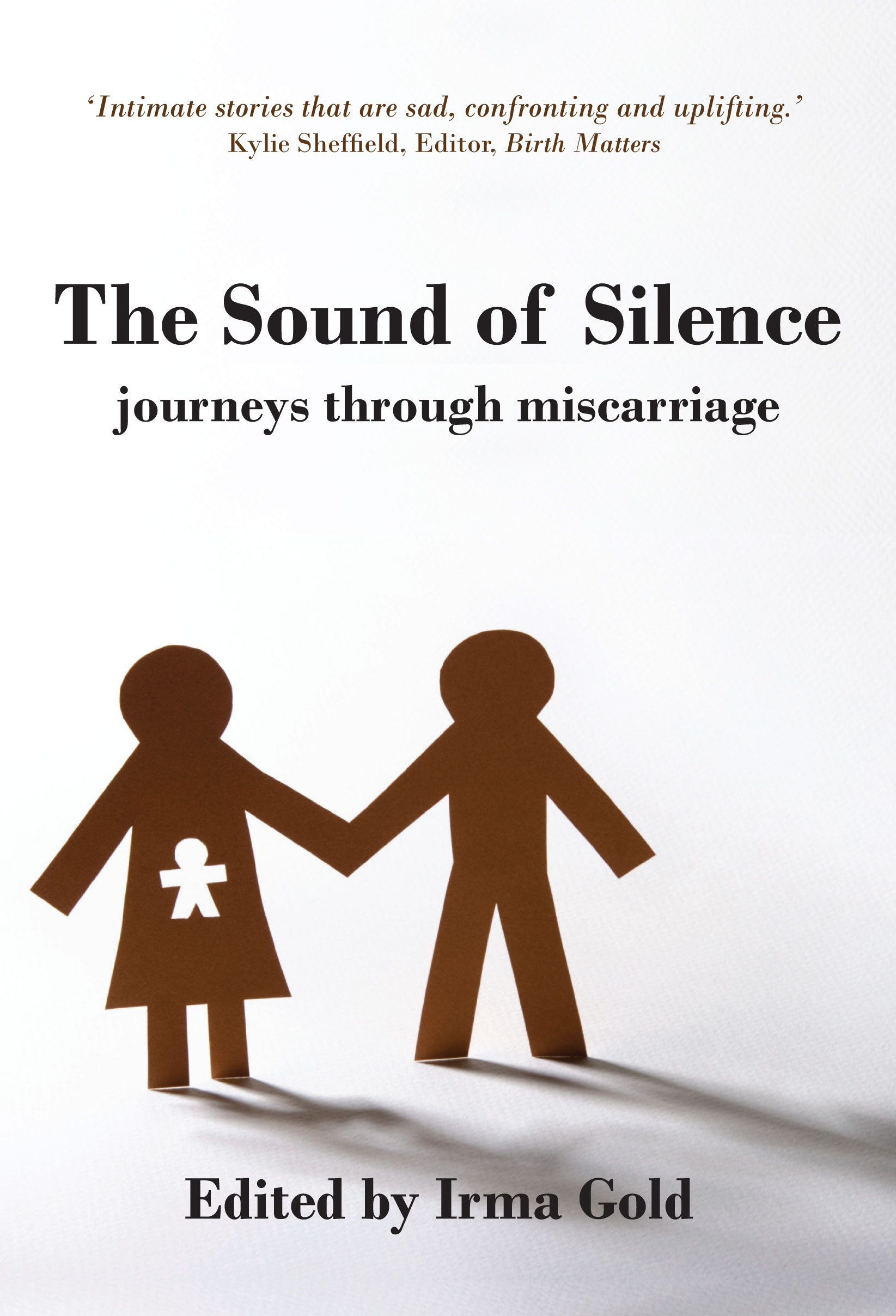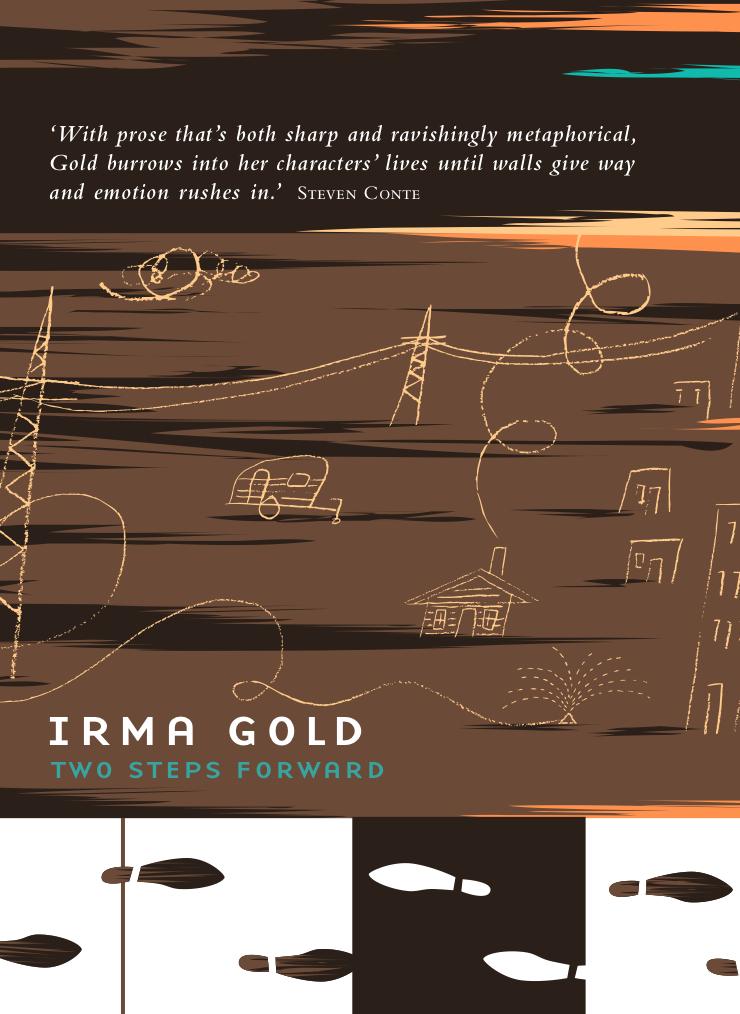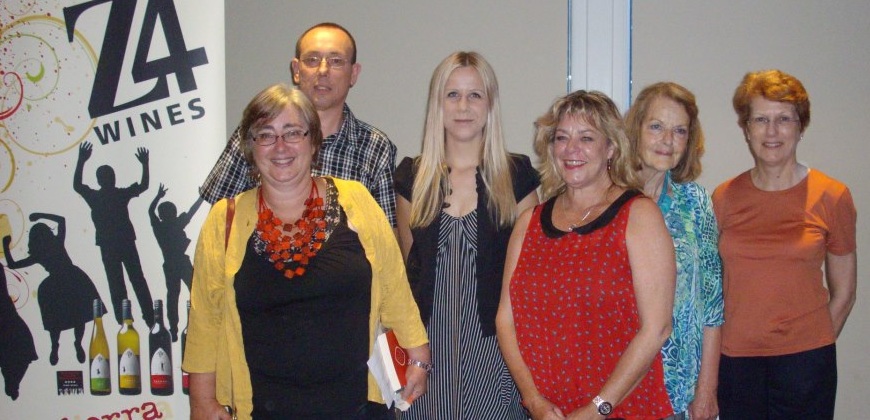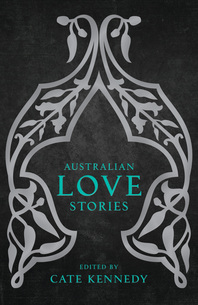 Today I had a little chat with Michael Cathcart on Radio National’s Books and Arts Daily about Australian Love Stories, in which I have a story called ‘The Little Things’.
Today I had a little chat with Michael Cathcart on Radio National’s Books and Arts Daily about Australian Love Stories, in which I have a story called ‘The Little Things’.
I was joined by Cate Kennedy, the anthology’s editor and one of Australia’s finest short story writers herself, and fellow author Lisa Jacobson who also had a couple of poems in the companion volume, Australian Love Poems, released earlier this year.
I was holed up in the Canberra ABC studio’s tardis and there were problems with the line (they couldn’t hear me in the Melbourne studio until the interview was already underway with Cate, hence my late introduction). But the Books and Arts team are all such pros that the audience was none the wiser.
In the end it was all terribly good fun and we had lots of laughs. You can listen to the podcast below, and then if you feel inspired to buy the book all it takes is a click in this direction.


